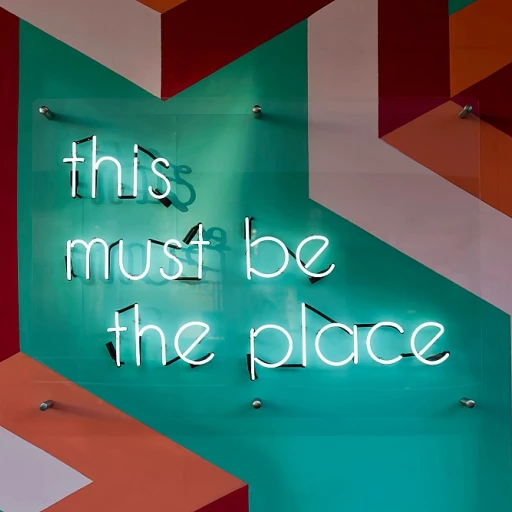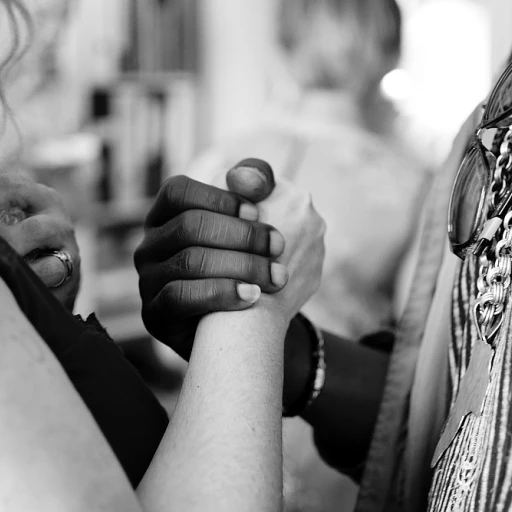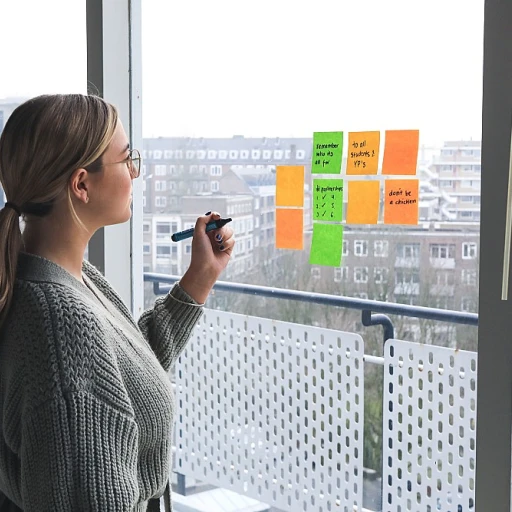
Understanding the Role of an Event Manager
Delving into the Event Manager Role
Becoming an event manager is a rewarding career path that requires a blend of creativity, organizational skills, and a knack for problem solving. Understanding the core responsibilities of an event manager is crucial when preparing for an interview in this field. Event managers are responsible for planning and executing successful events, ensuring that every detail aligns with the client's vision and expectations.
In this role, you'll be involved in every stage of the event planning process, from initial concept development to post-event feedback. Strong communication skills are essential, as you'll need to coordinate with clients, vendors, and team members to ensure everything runs smoothly. Event managers often handle multiple events at once, so effective time management and the ability to prioritize tasks are key to success.
Additionally, event managers must be adept at event marketing and using social media to promote their events. The ability to fill a venue and create buzz around an event is a valuable skill. You'll also need to be prepared to answer questions about your experience and skills during the interview process. For example, you might be asked to describe a time when you had to manage a challenging situation or how you ensure open communication with clients and team members.
To better understand the nuances of this role and prepare for potential interview questions, consider exploring resources on essential questions and strategies that can help you navigate the interview process successfully.
Common Interview Questions for Event Managers
Essential Event Management Interview Queries
Understanding the role of an event manager is just the first step. To ace your interview, you need to be prepared for common questions aimed at assessing your qualifications, experience, and fit for the job. Interviewers often focus on key aspects of event planning and management.- Describe a time you've successfully managed an event.
- How do you prioritize tasks in a high-pressure situation?
- What steps do you take to accommodate last-minute changes?
- How do you integrate social media and marketing in your events?
Showcasing Transferable Skills
Demonstrating Transferrable Skills to Make a Lasting Impression
Making a career change to become an event manager involves articulating how your prior experiences align with the key responsibilities of the role. While your job titles in the past might differ, the skills you’ve honed could be considerably relevant and beneficial in managing events effectively.
Here are some critical skills to emphasize during an interview:
- Time Management: Skills in prioritizing tasks and managing tight schedules prove invaluable in event planning. For example, describe a time when you handled overlapping projects and met deadlines efficiently.
- Problem Solving: Outline your experience in obstacle navigation, providing sample answers that underscore your capacity to respond to challenges calmly and tactfully, which is crucial in orchestrating a successful event.
- Open Communication: Building open and clear channels of communication with clients and teams is essential. Relate experiences where facilitated conversations via social media or other channels were key to achieving successful outcomes.
- Attention to Detail: Event marketing and planning require precision. Cite instances where your detail-oriented approach directly contributed to a project’s success.
- Client Management: Share specific examples of your involvement in managing client relationships, ensuring their expectations were met and their vision brought to life.
Incorporating these elements into your answers provides feedback on your ability to integrate into the role swiftly. Furthermore, use the relevant job opportunities resource to see how these skills align with marketplace expectations and roles you are considering.
Crafting Your Personal Brand for Interviews
Building a Unique Professional Identity for the Interview Scene
When aspiring to lead successful events, a well-defined personal brand can significantly influence your standing in the eyes of potential employers. By meticulously curating the elements that highlight your strengths and suitability for the role, you can prepare more confidently for the interview process. Creating a personal brand involves demonstrating your capabilities in event planning and management. Consider these strategies:- Highlight Your Experience: Start by quantifying your past experiences in event management. Whether it's executing a high-profile corporate event or facilitating smaller gatherings, use numbers and outcomes to provide concrete examples of your expertise and the successful events you've managed. This tangible evidence strengthens your narrative.
- Utilize Social Media and Online Presence: Your digital footprint can be a powerful tool. Platforms like LinkedIn present an opportunity to showcase your event management skills and experiences. Engaging content, such as testimonials from clients or a portfolio of past events, can effectively illustrate your proficiency in planning and communication.
- Feedback Integration: Consider any feedback you've received in past roles and mention how it prompted growth and improvement in your approach to event management. Demonstrating your willingness to learn and adapt highlights your commitment to delivering successful events.
- Showcase Your Transferable Skills: Emphasize skills that are critical to event planning, like problem-solving, time management, and open communication. These are crucial in both the interview questions and the planning process of events. By aligning these skills with the job description, you ensure the interviewer understands your potential contribution to their team.
Handling Behavioral and Situational Questions
Tackling Behavioral and Situational Interview Queries
When preparing for an event management interview, candidates should be ready to handle behavioral and situational questions effectively. These questions aim to evaluate your problem-solving abilities, communication skills, and your ability to adapt and thrive in diverse event planning situations. To formulate impactful responses, consider employing the STAR method—Situation, Task, Action, Result—that can clearly demonstrate your competencies in this area. Here's what you need to consider:- Situation and Task: Briefly describe a relevant situation you encountered in your previous roles that required you to show off your event management skills. This could range from a particularly challenging event planning process to a time when quick thinking was essential to ensure a successful outcome.
- Action: Detail the steps you took to address the challenge. Did you leverage your event planning experience to fill gaps in the process? Maybe you coordinated with team members or ensured open communication with a client to meet their expectations.
- Result: Highlight the result of your actions. Were you able to deliver a successful event? Did you receive positive feedback from clients or colleagues? Discuss the impact of your actions on the event’s success, focusing on measurable outcomes such as increased client satisfaction or improved event turnout.
Post-Interview Follow-Up Strategies
Effective Post-Interview Follow-Up Practices
Once the interview is over, you might feel relieved to have completed this stage of the process. However, a crucial part of securing the event management role still awaits—following up effectively. Handling post-interview procedures with finesse can enhance your chances of landing the job.
Firstly, it's vital to send a thank-you email to your interviewer. This serves as an appreciation for their time and reinforces your interest in the role. Mention any specific interview questions that stood out to you or any exciting projects or events discussed. For instance, if you discussed event planning or client management strategies, reiterate your enthusiasm by referencing these topics in your message.
Timeliness is key here. Ensure you send your thank-you note within 24 hours of the interview. This window keeps you fresh in their memory and demonstrates your professionalism.
Additionally, use this opportunity to highlight any skills or experiences you might not have emphasized during the interview. Maybe there was a problem solving situation or a successful event you did not get to elaborate on; this follow-up can be a strategic way to fill any gaps in your conversation.
In some cases, it might be appropriate to request feedback on your interview performance. This can show your commitment to personal growth and open communication. However, craft this request carefully to ensure it comes across as a genuine desire to improve, rather than a demand.
Finally, remain patient. The planning process for hiring event managers can take time. Indicating your willingness to wait demonstrates your understanding of time management and respect for the event coordinator's schedule in the hiring process.
By adopting these follow-up strategies, you position yourself as a thoughtful and professional candidate who appreciates the intricacies of event marketing and event management, ultimately boosting your chances for a successful appointment.













